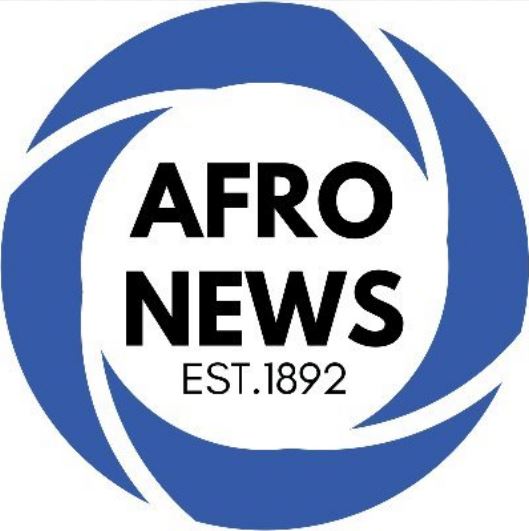It’s the questions that haunt them: Why was I abandoned? Was I not lovable enough? Who are my biological parents? And now, for the 600 children in its foster care program, the Prince George’s County Department of Social Services (DSS) has implemented a new program that will help some of these children find answers.
“It’s May or June and our kids are graduating and the only person going to their graduation was their social worker,” said Judith C. Wilson, acting deputy director of Prince George’s DSS. “We just said this is not right; we have got to do something about this.”
The Finding Family program is an initiative based on a project set forth by Kevin Campbell, founder of the Center for Family Finding and Youth Connectedness.
The program’s aim is to maintain or reestablish healthy, safe contacts with family.
When the program was introduced to Claudia Lewis, program manager for foster care and adoption for Prince George’s DSS, she was skeptical. She already knew that finding extended family members was difficult and was told Campbell’s program could locate 40 family members for each foster child.
“It is hard to get everybody on board to look for both sides of the family,” said Lewis. “It was certainly interesting, but 40 just sounded over the top.”
However, after going to a training session led by Campbell, Lewis and her colleagues left with a completely different opinion.
“It was amazing and it was absolutely true that kids, who’d been in care for years and years, had family members all of sudden,” said Lewis. “Of course we went in skeptical to some degree, but we came out really excited. We had to do something like this.”
The program is aimed at the department’s older population—those approaching high school graduation or recent graduates. The leadership believes that around the 17-18 age group, the young people begin to become curious about their families.
The program has seen its challenges, however. From situations in which foster children have not wanted to reconnect with their families to relatives pulling that child in many different directions, the program has its fair share of obstacles.
Foster children not wanting to find their families seems to be one of the primary obstacles. The social workers do what they can to convince the kids to get DSS’ assistance in finding their families. They do this not only because they think it’s important, but also because they believe doing it in a controlled environment is a much safer alternative.
“Sometimes it just gets to a point where you have to respect a kid’s wishes,” said Marge Lally, Family Finding program manager. “I talk to them. The case manager talks to them and they have a right to say no. I’d like to get to a point where maybe I could collect data for them anyway, in case they want to go back there.”
There’s also an issue of maintaining family connections. While it’s great for the foster children to meet their families, the goal of the program is to achieve the lasting connections which will provide a real family atmosphere for the child.
“Sometimes the families have to be given continuing encouragement to stay engaged with a child,” said Lally. “You have to have a core group of family members that can get a child and have good expectations of what that child can bring forth.”
However, it seems the success stories make it all worthwhile.
One graduate of the program, a young lady by the name of Rasheeda, is doing remarkably well. Rasheeda was in the care of her aunt when that aunt told her she was no longer wanted. Her mother was missing and no one knew her father was. The program was able to find over 25 family members for Rasheeda. As it turned out, her relatives did care about her, they just didn’t know what happened to her. Rasheeda has since graduated from high school and is now a freshman at Bowie State University. In a recorded message, she expressed her belief that the program has been a huge success.
“I would rate Family Finder a nine,” said Rasheeda. “If anybody came to me and me about this program, I would definitely tell them that it is something great and something wonderful to participate in. It does have positive results because I thought I was an impossible case.”
The program is still in its experimental stages and will undergo an evaluation. Since it is funded by a federal grant, there must be checks and balances before it is implemented as a “best practice.”
“Part of what our grant states with the federal government is we have to do an evaluation piece,” said Wilson. “We are going to be working with child trends to get some research and data to move it on to truly a best practice.”
The program, while still in its infancy stage, has seen some real success. With more than half the children in the county’s foster care program over the age of 14, DSS believes there is a real need for the program.
Said Wilson: “Everybody has things to do in their daily work and, to start something new, you have to say, ‘Is it really worth it?’ For this, I would say yes it is.”


